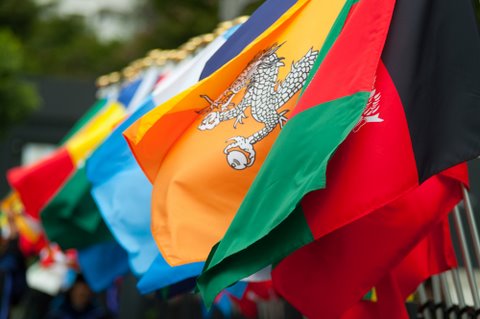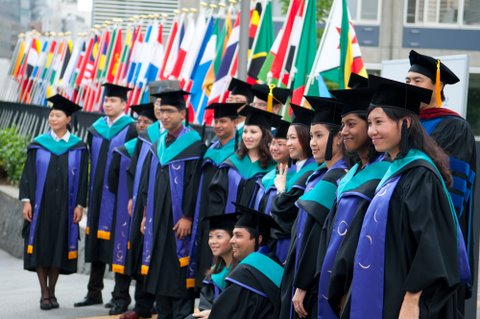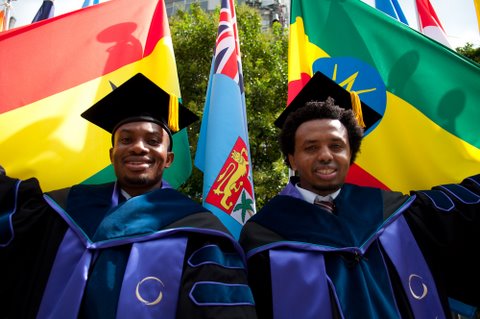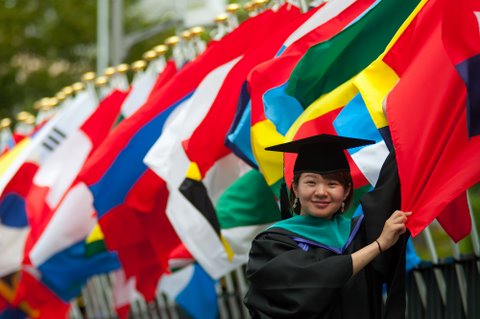→Japanese
The University of California (UC) is system of universities with 10 campuses located throughout the state of California and it is one of the leading university systems in the United States. The schools in Berkeley and Los Angeles have the largest numbers of Japanese alumni.
How would you like to attend a conversation between myself and Professor Ikujiro Nonaka on the topic of “Japanese Innovation in the Aftermath of the Recent Disaster ? What Will It Take?” sponsored by the joint secretariat of the UCLA Japan Alumni Association and UC Berkeley Japan Alumni. This Dialogue will be held on July 1st from 6:30 pm at the Tokyo 21c Club.
You do not need to be a member of the UC alumni association. I would really love to have a chance to meet and talk with everyone and anyone who follows this blog.
***************
The 4th Berkeley Arena of Wisdom
“Japanese Innovation in the Aftermath of the Recent Disaster ? What Will It Take?”
UC Berkeley Japan Alumni Chairman: Ikujiro Nonaka
UCLA Japan Alumni Chairman: Kiyoshi Kurokawa
■ Date: July 1st, 2011 (Fri) 6:30 PM to 9:30 PM
■ Location: Tokyo 21c Club (Shin-Marunouchi Bldg 10F)
■ Fee: UCB・UCLA members 3,000 yen (Food included but beverages separate)
UCB・UCLA non-members 4,000 yen (Food included but beverages separate)
Professors Nonaka and Kurokawa will both participate in the reception to be held after the seminar. (Drinks are to be paid for at the time of receipt.)
■ The language of the Dialogue will be Japanese in principle with an accompanying PowerPoint presentation in English (however, questions in English are more than welcomed).
■ RSVP (deadline for registration): Please fill out the registration form by June 28th.
***************
A summary of this upcoming event.
● The 4th Berkeley Arena of Wisdom will be jointly sponsored by the UCLA and Berkeley Alumni Associations.
● We asked the alumni chairmen to host Kiyoshi Kurokawa who is a past Professor of Medicine at UCLA and Ikujiro Nonaka who is the Fuji-Xerox Professor of Knowledge at Berkeley and these two individuals are internationally recognized scholars in the area of innovation.
● We will be able to become better acquainted with SECI model as proposed by Professor Nonaka, based on spirals formed by tacit knowledge and explicit knowledge if there are substantial contributions to the creation of science and technology policies through the use of state funds on one hand and innovation by well-positioned corporations which are sitting on a wealth of R&D.
● Japan will be unable to rebuild in the wake of the recent disaster without innovation. The secretariat of the alumni association aims to expand the Berkeley Arena of Wisdom through this talk on Japanese innovation in the aftermath of the earthquake and tsunami by the two guests.
● The two speakers have made their views known in the media on the overwhelming scale of the local disaster and problems surrounding leadership. The events surrounding the Fukushima nuclear reactor have made it clear that the concepts of “phronesis” as espoused by Professor Nonaka and "out-of-the-box" thinking by Professor Kurokawa as extremely relevant to the issues related to leadership in a knowledge-based society.
● The two speakers plan on keeping their remarks brief with each speaker talking for about 30 minutes while raising and commenting on important issues. The hope is that the talk can develop into a deep discussion with attendees (however, all should be warned that given Professor Kurokawa’s love of a good debate who knows what could develop!!)
● The language of the Talk will be in Japanese (but we may switch to English on occasion to accommodate inquiries from attendees).
● A reception with food will be held after the seminar which will allow time for attendees to talk and get to know each other. However, drinks are not included and should be paid for at the time of receipt.
● All funds collected for the seminar will be donated to disaster relief for the victims of the Tohoku Earthquake.







